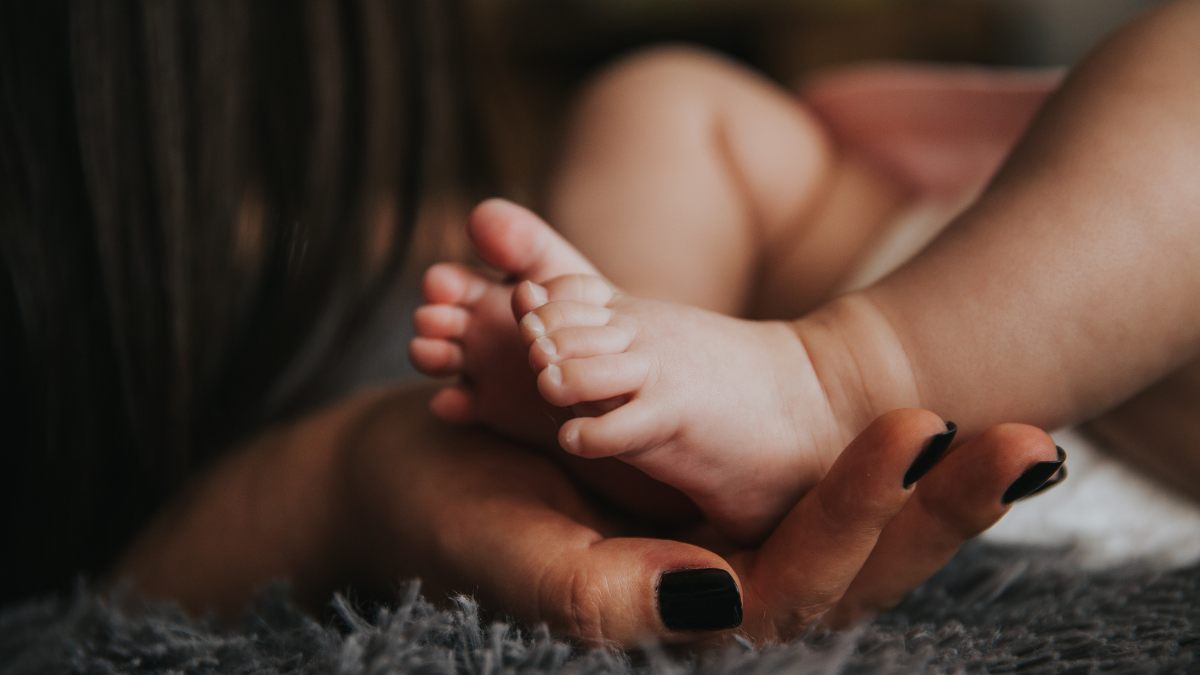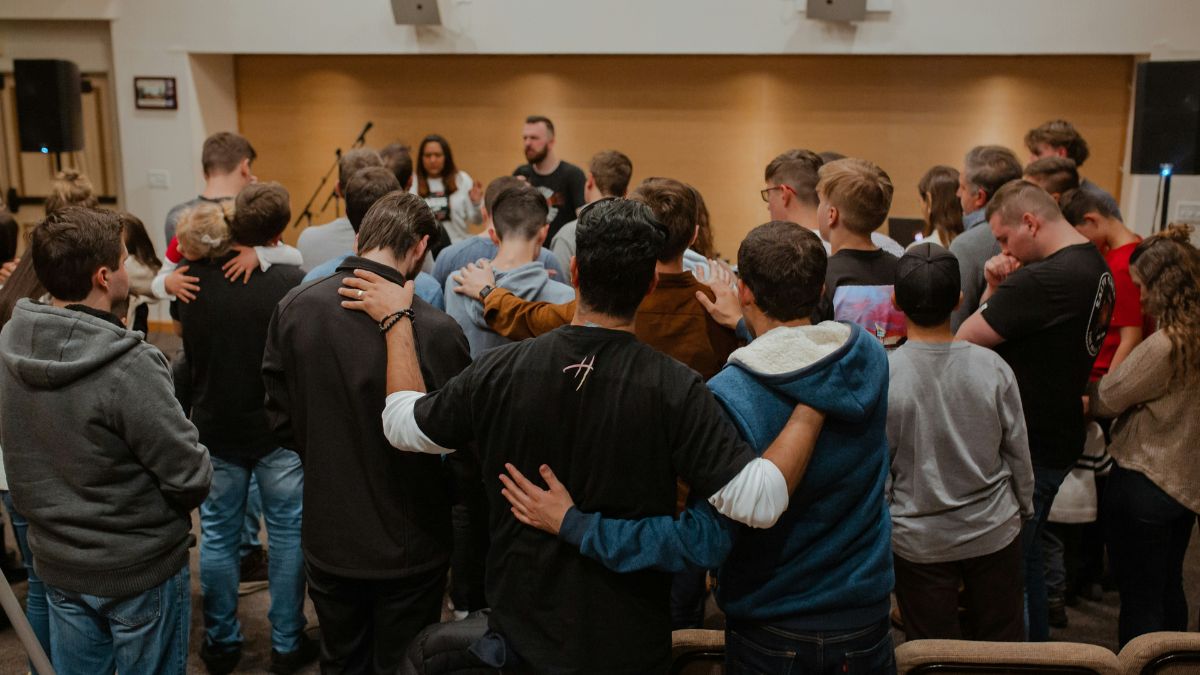

Abortion Is Making Us Pagan: Should the Strong Crush the Weak?
Turning further from the Christian heritage of protecting life regresses society to a time when only the powerful mattered.
10/3/23
John Stonestreet and Shane Morris

Christians who work in politics to end legalized abortion do so because innocent lives are at stake. That would be enough cause in and of itself. However, abortion isn’t just one of the many issues that we should care about. In many ways, abortion, perhaps more than any other single issue, symbolizes our society’s core beliefs. Simply put, Christian societies do not kill their smallest, most vulnerable members. Pagan societies, on the other hand, do.
In a fascinating recent essay published at First Things, Louise Perry argued that the fight over abortion is really about whether we will remain, in any real sense, a Christian society, or we will re-paganize to the beliefs and values of pre-Christian times. Perry, author of the recent book The Case Against the Sexual Revolution, isn’t a Christian, though she admits she finds Christianity attractive. Her academic journey seems to have become a spiritual journey, one that has led to a recognition that many of her secular and humanist values are, in fact, remnants of a Christian morality that remade the world.
Perry opened her article by citing Scottish poet Hollie McNish, who wrote that archaeologists know they’ve found a Greek or Roman brothel when they unearth “a pit of newborn babies’ bones.” Hearing this poem gave Perry the same “painful, squeezing, swooping sensation” she first felt when hearing a graphic description of abortion. She realized something pro-lifers have long argued: Abortion is really a form of legalized infanticide and not so different from the baby-killing of the ancient world.
Though Perry is still pro-choice in certain cases, she’s clearly uneasy about it. This is in part because she’s a mom, and because she sees how abortion and infanticide exist on a “continuum” that includes other ancient practices like slavery, the sexual exploitation of women and children, and general disregard for the weak and poor. Historically, only one group of people objected to these things. As Perry wrote:
The supremely strange thing about Christianity in anthropological terms is that it takes a topsy-turvy attitude toward weakness and strength. To put it crudely, most cultures look at the powerful and the wealthy and assume that they must be doing something right to have attained such might. The poor are poor because of some failing of their own, whether in this life or the last. The smallness and feebleness of women and children is a sign that they must be commanded by men. The suffering of slaves is not an argument against slavery, but an argument against allowing oneself to be enslaved.
Into this predatory, power-centric pagan world stepped Christ, who defeated the powerful through submission to death—“even death on a cross.” After Christ’s resurrection, His followers began insisting on the innate and equal value of all human beings and began condemning practices like infanticide.
Christians, of course, have not always lived up to these ideas, but they were unique in holding them. As authors like Tom Holland have argued, these Christian ideals didn’t vanish with the rise of secular humanism. Western progressives owe their moral instincts to protect the weak and vulnerable to the Christian revolution, even if they scoff at the idea of the Christian God.
And therein lies Perry’s problem. There is no group weaker or more vulnerable than unborn babies. Yet these are precisely the victims that feminists and secular progressives insist we must ignore to advance sexual freedom. We have all seen how much the rhetoric is heating up, both against those who work to save preborn lives and now for the legal extension of so-called “medical aid in dying” to children with disabilities.
This is why, Perry concludes, “The legal status of abortion … represents the bleeding edge of dechristianization.” Stepping decisively away from the influence of Christianity will bring back an “older, darker” set of values in which the strong exploit the weak and no one objects. Such a world would truly be, once again, pagan. At least some non-Christian writers seem to realize that in this world, women, the poor, and other vulnerable classes would not fare well.
Historically speaking, equality, human rights, and protection of the weak aren’t “self-evident.” They’re part of a distinctly Christian heritage shaped by a distinctly Christian vision of the world. As the values of our pagan past grow more influential and pervasive, progressives should take note. A society built on babies’ bones won’t long respect the rights of anyone except the powerful. For that, you need Christ.
This Breakpoint was co-authored by Shane Morris. If you’re a fan of Breakpoint, leave a review on your favorite podcast app. For more resources to live like a Christian in this cultural moment, go to breakpoint.org.
Have a Follow-up Question?
Up
Next















